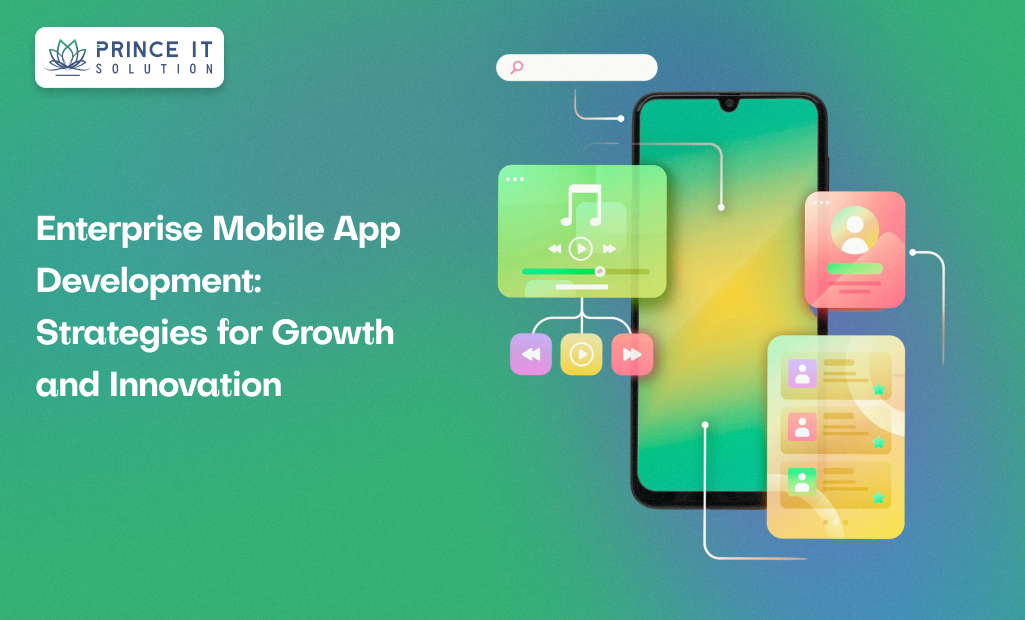Introduction
In today’s fast-paced digital economy, enterprises can’t rely solely on traditional systems to meet customer expectations or manage internal operations. Mobile apps have become a vital tool for businesses to stay agile, competitive, and customer-focused. Unlike consumer apps, enterprise apps are designed with scalability, integration, and security at their core.
This guide explores the strategies, benefits, and best practices of enterprise mobile app development to help businesses thrive in the mobile-first era.
1. Why Enterprises Need Mobile Apps
Enterprise mobile apps go beyond customer engagement; they also empower employees, optimize workflows, and enable real-time decision-making.
Key reasons enterprises invest in apps:
Streamlining business processes
Improving employee productivity
Enhancing customer engagement and loyalty
Enabling data-driven decision-making
2. Key Features of Enterprise Mobile Apps
For an enterprise app to succeed, it must offer more than just functionality. It should integrate seamlessly with the organization’s systems while meeting high user expectations.
Security – Advanced encryption, secure logins, and compliance with regulations
Integration – Smooth connectivity with CRM, ERP, and other business systems
Scalability – Ability to handle growth in users and data without performance issues
User Experience (UX) – Intuitive navigation and accessibility for diverse users
Offline Access – Functionality even without a constant internet connection
3. Development Approaches for Enterprises
Choosing the right approach depends on business needs, resources, and goals.
Native Apps: Best performance, tailored to iOS or Android
Cross-Platform Apps: Built with frameworks like Flutter/React Native for cost-efficiency
Progressive Web Apps (PWAs): Browser-based, but offer app-like experiences
4. Benefits of Enterprise Mobile App Development
Enhanced Productivity: Employees can collaborate and work remotely with ease
Better Customer Service: Real-time communication channels and personalized services
Data Security: Controlled access and compliance with enterprise standards
Competitive Advantage: Staying ahead with innovative digital solutions
5. Challenges in Enterprise App Development
While enterprise apps bring many advantages, they come with challenges like:
High development and maintenance costs
Managing cross-department requirements
Ensuring long-term scalability
Keeping up with evolving technology
Solution: A strategic development partner, robust planning, and continuous maintenance help overcome these hurdles.
6. Best Practices for Successful Enterprise Apps
Define clear objectives aligned with business goals.
Prioritize user experience to encourage adoption.
Implement strong security protocols from day one.
Plan for scalability to support future growth.
Test rigorously before deployment to ensure performance.
Maintain and update regularly to stay relevant.
Conclusion
Enterprise mobile app development is no longer an option; it’s a necessity. With the right strategy, features, and development approach, enterprises can create apps that not only streamline operations but also foster innovation and growth.
By prioritizing security, scalability, and user experience, organizations can unlock the full potential of mobile technology and build apps that empower employees, delight customers, and strengthen the business.



